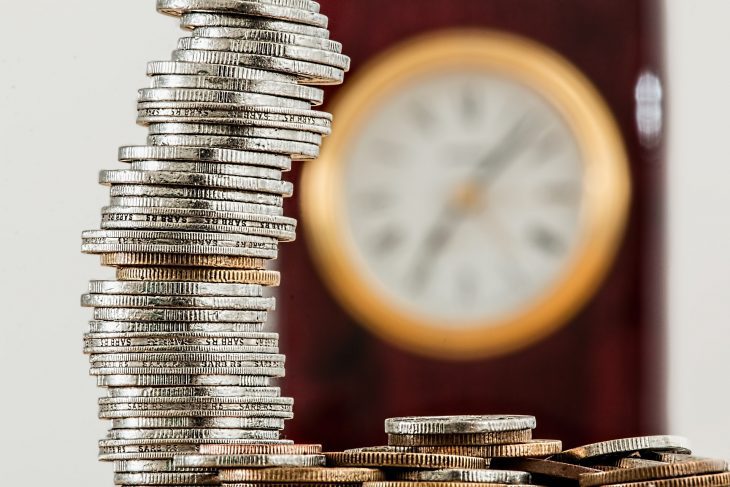Chalk this one up as another consequence of the pandemic.
The United States is apparently facing a shortage of coinage. During his testimony to congress yesterday about the overall state of the economy, Fed Chairman Jerome Powell was asked about the shortage of coins in the U.S. According to an article in the Wall Street Journal, U.S. Experiencing Coin Shortage Due to Coronavirus Pandemic, Powell Says, Powell was asked a direct question about the shortage of coins in the economy and he said:
“With the partial closure of the economy, the flow of coins through the economy has gotten all…it’s kind of stopped,” Mr. Powell said. “We are well aware of this and are working with the Mint and we are working with the reserve banks. And as the economy reopens, we are seeing coins begin to move around again.
With the closure of so many stores, and the rumors of cash being able to transmit the virus, people have not been spending paper money, and as a result, merchants haven’t been giving change. Furthermore, the pandemic negatively affected the way the Fed produces and distributes coins. As a result, banks were holding less coins.
Now as the economy begins to open up, merchants are looking for coins, and banks are having a difficult time keeping up with demand.
The shortage of coins does not mean there is a shortage of cash in the market. As the article points out:
But demand for currency overall has surged: On an annual basis, currency in circulation has roughly doubled between February and May, according to Fed data. As of June 10, currency in circulation totaled just under $2 trillion.
Some Fed officials have said the surge in demand for cash isn’t surprising and mirrors other periods of stress, when households and others seek to hold more physical money in case of problems accessing banks or cash machines.
As state and local governments ease their restrictions on businesses and allow them to open up, people will start to spend the cash that they have held in safekeeping. Also, merchants that have been encouraging electronic payments will start allowing cash again. This will likely lead to a short-term increase in cash payments and a decrease in credit and debit card payments as people spend down the cash they have under the mattress.
Overview by Peter Reville, Director, Primary Research Services at Mercator Advisory Group











